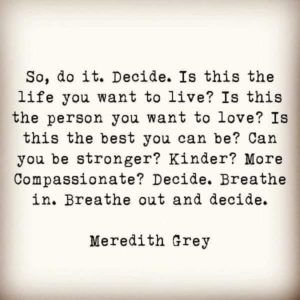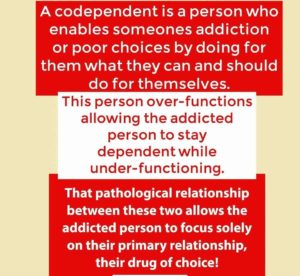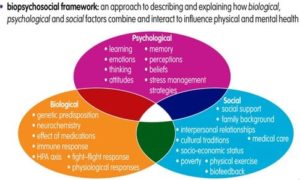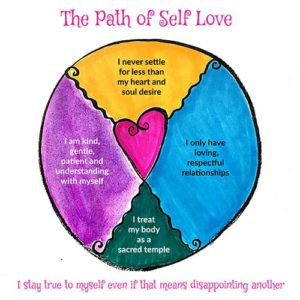
The challenge of addiction is to understand how and why addicts are so insensitive to the future consequences of their drug use. When faced with a choice that brings immediate pleasure, even at the risk of experiencing future negative outcomes, addicts appear oblivious to the consequences of their actions. Even more challenging is the understanding of why this same choice is repeatedly made with the negative consequences. Understanding what motivates these decisions is a critical part of prevention and treatment of addiction.
Addiction arises when the automatic system wins the competition against the deliberative system for behavioral control. Both systems are important to forming decisions, and good choices appear most likely to emerge when the two systems work in concert.
Thus, addiction recovery includes restoring the balance between impulse and self-control. Eventually, there must be a connection between these two systems to control the impulsive system to treat the addictive behavior. For example, treating alcoholism is more than just stopping drinking alcohol, it requires to address the forces that compel needs for alcohol. Alcohol numbs the pain and allows one to think that one is doing just fine. Similarly, overeating (food high in sugar and fat) is used to deal with fear, doubt, and insecurity.




 In the light of modern knowledge, it should be assumed that there are many ways to develop addiction, and the coexistence of biological, psychological and environmental factors contributes to its formation. None of them is addictive, although in the case of different people, the influence and significance of individual factors may be different. The emergence of addiction must be preceded by a period of using/drinking, sometimes longer and sometimes shorter. Addiction is not a genetic disease. However, in some individuals, biological factors play a significant but not independent role in the formation of addiction.
In the light of modern knowledge, it should be assumed that there are many ways to develop addiction, and the coexistence of biological, psychological and environmental factors contributes to its formation. None of them is addictive, although in the case of different people, the influence and significance of individual factors may be different. The emergence of addiction must be preceded by a period of using/drinking, sometimes longer and sometimes shorter. Addiction is not a genetic disease. However, in some individuals, biological factors play a significant but not independent role in the formation of addiction.
